Registration is open for the first NWTF Corrections Workshop titled Wind Tunnel Corrections for Facility Operators and Customers.
Date: 13th December 2023
Location: City, University of London
Hosts: Prof Andrew Rae, Prof Simon Prince, Dr Doug Greenwell and Dr Chetan Jagadeesh
Aim:
To ensure that small wind tunnel facilities and customers have full awareness of the capabilities and limitations of the existing and possible correction processes. This workshop will describe the NATO work, which has UK participation, and provide an overview of current activity at the major UK facilities.
Target Audience:
The target audience includes those who are involved in the application and development of correction methods, and those who use the data which they generate, from internal ‘customers’ to third-party facility users.
Why this is important:
The detailed knowledge of wind-tunnel data-correction methods, including the implications of the various approaches and the use of supplementary numerical methods, is important if those data are to be exploited appropriately. While the major of major facilities have maintained an interest in, and development of, correction methods, there is increasing evidence that some smaller facilities, and many customers, do not have full awareness of the capabilities and limitations of the existing and possible processes.
Work on the topic has been taking place within NATO and was focussed originally on the updating AGARDograph 336 ‘Wind Tunnel Wall Corrections’ given that it is now 25 years since its original publication and the advent of more capable and prevalent methods and the increasing use of CFD to increase complexity and fidelity. This has expanded to include 2 international conferences that have identified areas for further work, and assembled CFD community and experimentalists to the benefit of both.
Registration: To apply for this workshop, email admin@nwtf.ac.uk with your name, job title, institution and reasons for attending this training event. The event is free but attendees are expected to fund their own travel, accommodation and subsistence.
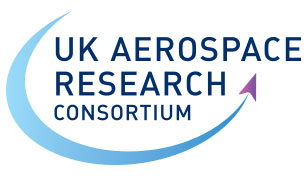
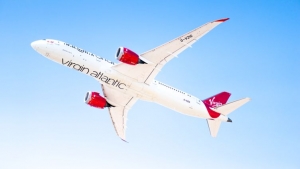 off on 28th November 2023 with the help of engineers from the University of Sheffield. See the
off on 28th November 2023 with the help of engineers from the University of Sheffield. See the 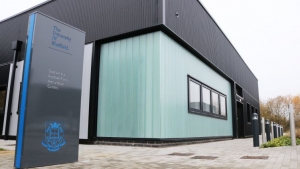 K’s 2030 goal – see
K’s 2030 goal – see 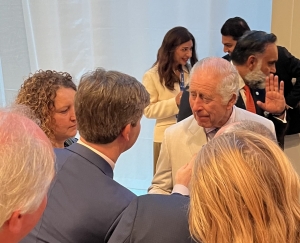
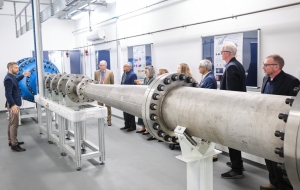 The facility is supported by a $250,000 donation from Sanjay and Leslie Patel, in honour of Mr Patel’s late father and Imperial alumnus Dr Hiralal Patel (1919-2021). Mr and Mrs Patel, together with family and friends, joined members of the Imperial team for the launch.
The facility is supported by a $250,000 donation from Sanjay and Leslie Patel, in honour of Mr Patel’s late father and Imperial alumnus Dr Hiralal Patel (1919-2021). Mr and Mrs Patel, together with family and friends, joined members of the Imperial team for the launch.